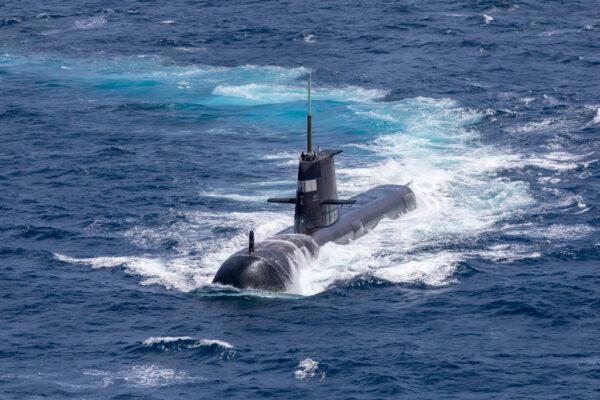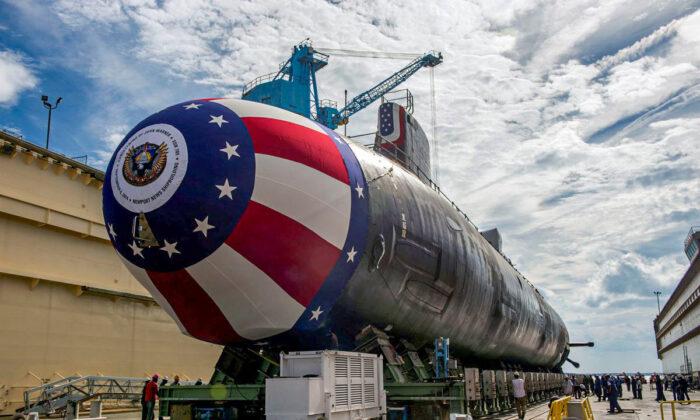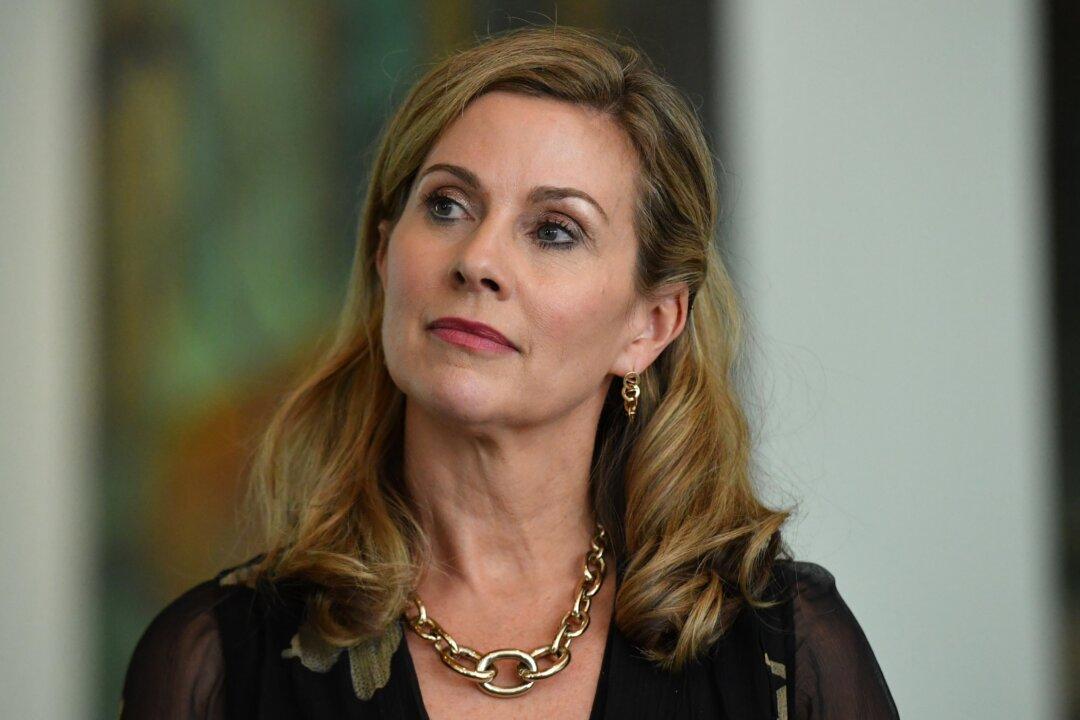Nine U.S. Congressmen have publicly declared their “strong support” for the AUKUS pact and commitment to help Australia develop nuclear submarine capabilities.
“Far from a zero-sum game, the potential for the United States to provide or build new submarines under AUKUS, should that be the recommendation of the trilateral consultation, could very well be a ‘rising tide that lifts all boats,” the congressmen said, referencing a letter to the Biden Administration from two Senators warning against selling nuclear-powered submarines to Australia.
“We are concerned that what was initially touted as a ‘do no harm’ opportunity ... may be turning into a zero-sum game for scarce, highly advanced U.S. SSNs (nuclear attack submarine),” Reed and Inhofe said in a letter dated Dec. 21 and later leaked in January.
But the nine members of the House said the goals of AUKUS were a “multi-generational effort” and worth embarking on for the security of the United States and its allies in the Indo-Pacific.
The letter was signed by Reps. Joe Courtney (D-Conn), Mike Rogers (R-Ala.), Adam Smith (D-Wash.), Mike Gallagher (R-Wis.), Trent Kelly (R-Miss.), Donald Norcross (D-N.J.), Rob Wittman (R-Va.), Derek Kilmer (D-Wash.), and Blake Moore (R-Utah).
They acknowledged that the U.S. submarine industrial base had been strained by COVID-19 restrictions. But said the situation will not remain “static” over the coming decades.
Exact Pathway Still Under Consideration
Trilateral consultations continue to surround how the United States and the United Kingdom will support Australia in developing domestic nuclear capability.Discussions of directly selling U.S.-made nuclear submarines emerged following concerns that Australia faced a capability gap once its current diesel-powered Collins class submarines begin to retire from 2038.
In addition, Australia may need to wait until the 2040s to build its first submarine with a domestic nuclear industry, which it will need to build from scratch.

The United States has also recognised the capability gap issue, with Secretary of Defense Lloyd Austin declaring in December that the country will “not allow Australia to have a capability gap going forward.”
“Our goal is to design the optimal pathway for Australia to get nuclear-powered conventionally armed submarines as quickly as possible,” he told reporters following the annual Australia-U.S. Ministerial meeting.

Previous Governments Almost Bought Nuclear Subs
Australian opposition leader Peter Dutton, who was the defence minister when the AUKUS pact was formed, noted that the senators rightly pointed out constraints in their supply chain, but Australia and the United Kingdom could help address the issue.Dutton also said that when it came down to reality, Australia is a trusted and reliable partner to the United States and the United Kingdom.
“I think the times ahead will demand that of us, and we’re a very willing partner to provide that support to our allies and to our partners and friends in the region,” he said.

Previously, Dutton revealed that the Morrison government was close to approaching the United States to purchase two Virginia-class nuclear submarines to address the capability gap.
Sen. Reed Backs AUKUS
Following the leak of Reed and Inhofe’s letter to the public, Reed took to social media to express his staunch support for the AUKUS agreement.However, he highlighted that responsible oversight and a stable industrial base were vital to ensuring the program’s success.
“This powerful partnership is central to ensuring a free and open Indo-Pacific, dramatically improving the capabilities of our allies, and increasing our engagement in the region.
“Importantly, AUKUS also lays the foundation for the most significant integration of our undersea and other military capabilities ever achieved. I am encouraged by the progress our nations have made.”





